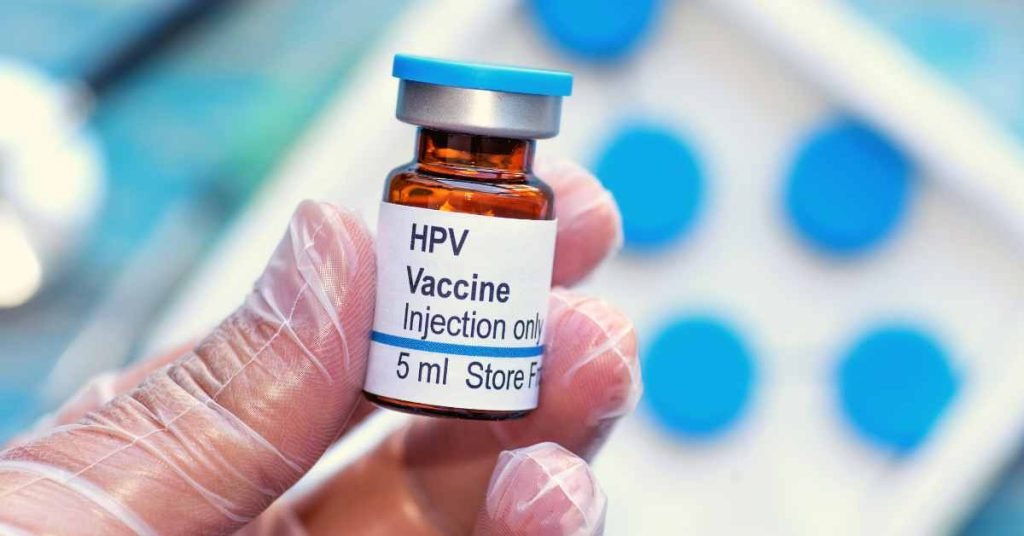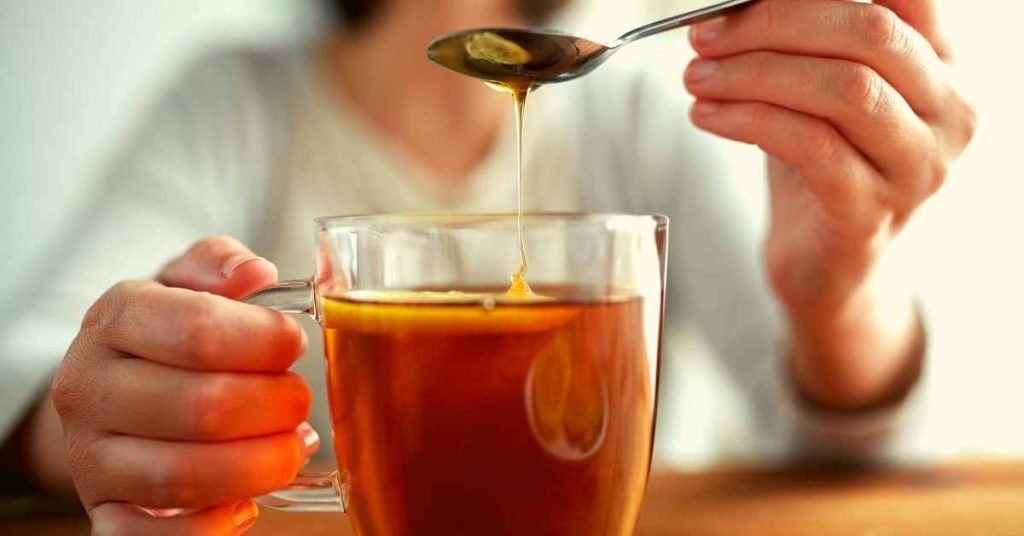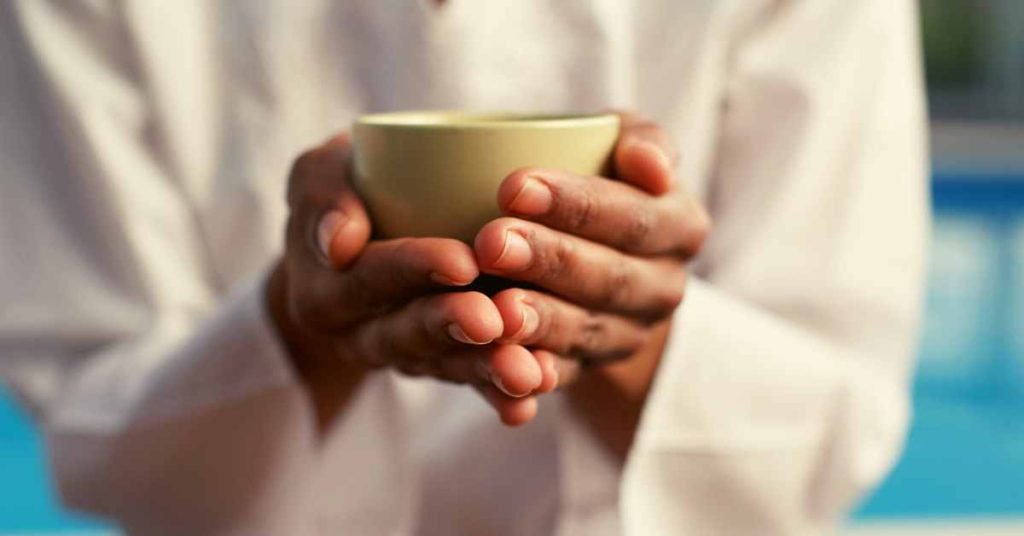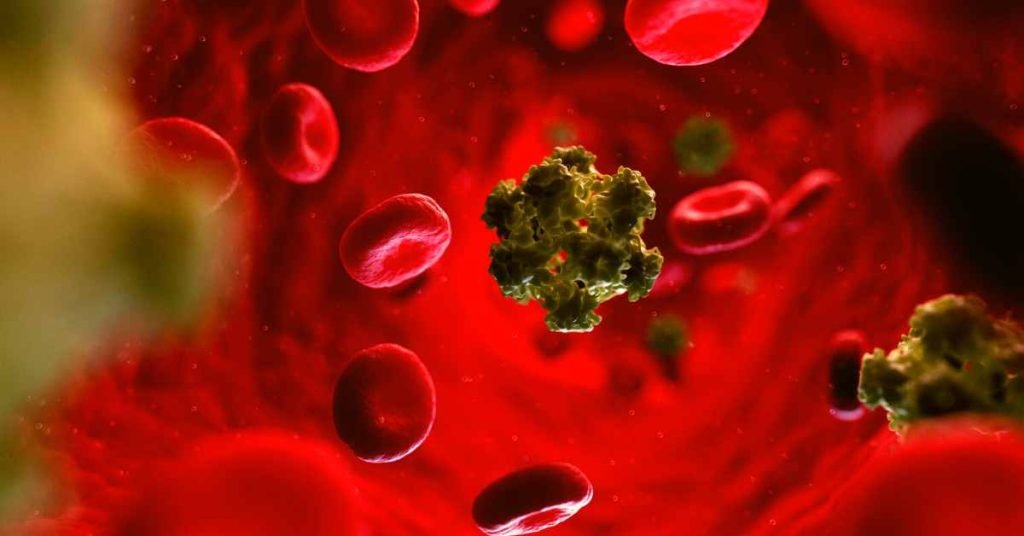Human Papillomavirus (HPV) is a common sexually transmitted infection that affects millions of people worldwide.
While vaccines have been developed to prevent some of the most prevalent strains, there is growing interest in complementary and alternative treatments to manage HPV infections.
One such avenue worth exploring is the potential of tea as an additional treatment for HPV. Tea, particularly green tea, has been the focus of numerous studies due to its rich polyphenol content and potential antiviral properties.
Understanding HPV

Before delving into the potential benefits of tea in managing HPV, it’s essential to have a basic understanding of the virus.
HPV is a group of related viruses that can infect various parts of the body, including the genital area, mouth, and throat.
Certain high-risk strains of HPV can lead to the development of cancers, particularly cervical cancer in women. Although vaccines have proven effective in preventing infection, there is no cure for existing HPV infections.
This has led researchers to explore alternative treatments to manage and reduce the impact of the virus.
Tea and Polyphenols
Tea, derived from the Camellia sinensis plant, is a beverage enjoyed by millions for its flavor and potential health benefits.
The key bioactive compounds responsible for many of tea’s health-promoting properties are polyphenols. Polyphenols are antioxidants that have been extensively studied for their anti-inflammatory, antiviral, and anticancer properties.
Green tea, in particular, is rich in a specific type of polyphenol called catechins, with epigallocatechin gallate (EGCG) being the most abundant and well-researched.
Antiviral Properties of Tea
Several studies have investigated the antiviral properties of tea, focusing on its potential to inhibit the replication of various viruses.
While the majority of research has been conducted on influenza and other respiratory viruses, there is a growing interest in exploring the impact of tea on sexually transmitted viruses like HPV.

The antiviral properties of tea are attributed to its ability to interfere with the viral life cycle, inhibit viral attachment and entry into host cells, and modulate the host immune response.
Inhibition of Viral Replication
Studies have shown that the polyphenols in tea, particularly EGCG, can inhibit the replication of certain viruses by interfering with crucial steps in the viral life cycle.
While research on the specific impact of tea on HPV replication is limited, findings from studies on other viruses suggest that tea polyphenols may have a similar inhibitory effect on HPV.
Interference with Viral Attachment and Entry
Tea polyphenols may also interfere with the initial stages of viral infection by preventing the attachment of the virus to host cells and inhibiting viral entry.
This mechanism could potentially reduce the likelihood of HPV infection or limit its spread within the host.
Further research is needed to explore the specificity of tea polyphenols for HPV and their effectiveness in preventing viral attachment and entry.
Modulation of the Immune Response
Tea polyphenols have been shown to modulate the host immune response, enhancing the body’s ability to defend against viral infections.
This is particularly relevant in the context of HPV, as a robust immune response is essential for clearing the virus from the body.
Green tea polyphenols, in particular, have been found to stimulate the production of immune cells and enhance their activity, contributing to a more effective antiviral defense.

Clinical Evidence and Observational Studies
While laboratory studies have provided valuable insights into the potential antiviral properties of tea, clinical evidence specific to the use of tea in treating HPV is limited.
However, some observational studies have explored the association between tea consumption and the prevalence of HPV-related conditions.
Cervical Cancer Risk
A study published in the International Journal of Cancer examined the association between green tea consumption and the risk of cervical cancer, a condition often linked to persistent high-risk HPV infection.
The study found that regular green tea consumption was associated with a lower risk of cervical cancer, suggesting a potential protective effect.
However, more research is needed to establish a direct link between tea consumption and the prevention or management of HPV-induced cervical cancer.
Genital Warts
Another aspect of HPV infection is the development of genital warts, caused by certain low-risk HPV strains.
While not directly related to cancer, genital warts can be a source of discomfort and distress.
A small-scale study investigated the topical application of green tea extracts on genital warts and reported a reduction in the size and number of warts.
This preliminary evidence suggests that tea extracts may have a role in managing external manifestations of HPV.
Considerations and Future Directions

While the potential benefits of tea in managing HPV are intriguing, it is important to approach this topic with caution.
The available evidence is primarily from laboratory studies and observational research, and more robust clinical trials are needed to establish the efficacy of tea as a supplementary treatment for HPV.
Optimal Dosage and Formulation
Determining the optimal dosage and formulation of tea for HPV management is a crucial consideration. Factors such as the type of tea, concentration of polyphenols, and mode of administration need to be standardized for clinical trials.
Additionally, individual variations in tea metabolism and absorption may influence its effectiveness, emphasizing the need for personalized approaches.
Integration with Conventional Therapies
Tea should not be considered a replacement for conventional HPV treatments, such as antiviral medications and surgical interventions. Instead, it may have a complementary role in enhancing the overall therapeutic approach.
Integrating tea into existing treatment regimens requires careful consideration and should be done under the supervision of healthcare professionals.
Long-term Effects and Safety
The long-term effects and safety of prolonged tea consumption as an adjunctive treatment for HPV are areas that warrant further investigation.

While tea is generally regarded as safe when consumed in moderation, excessive intake may lead to adverse effects, including gastrointestinal issues and potential interactions with medications.
Comprehensive safety assessments should accompany clinical trials to ensure the well-being of participants.
Final Word
Tea, particularly green tea, has emerged as a subject of interest in the context of managing HPV infections.
The polyphenols in tea exhibit promising antiviral properties in laboratory studies, and observational evidence suggests a potential association between tea consumption and a reduced risk of HPV-related conditions.
However, it is essential to approach this topic with a nuanced perspective, acknowledging the limitations of current research and the need for rigorous clinical trials.
As we navigate the complexities of HPV management, the integration of tea into holistic treatment approaches holds promise.
Future research endeavors should focus on elucidating the specific mechanisms of action, optimizing dosage and formulation, and conducting well-designed clinical trials to establish the role of tea as a supplementary treatment for HPV.
In the meantime, individuals should consult with healthcare professionals to make informed decisions about incorporating tea into their overall HPV management strategy.
MEDICAL DISCLAIMER
Itsnevernotteatime.com cannot and does not contain medical/health advice. The medical/health information is provided for general and educational purposes only and is not a substitute for professional advice.




